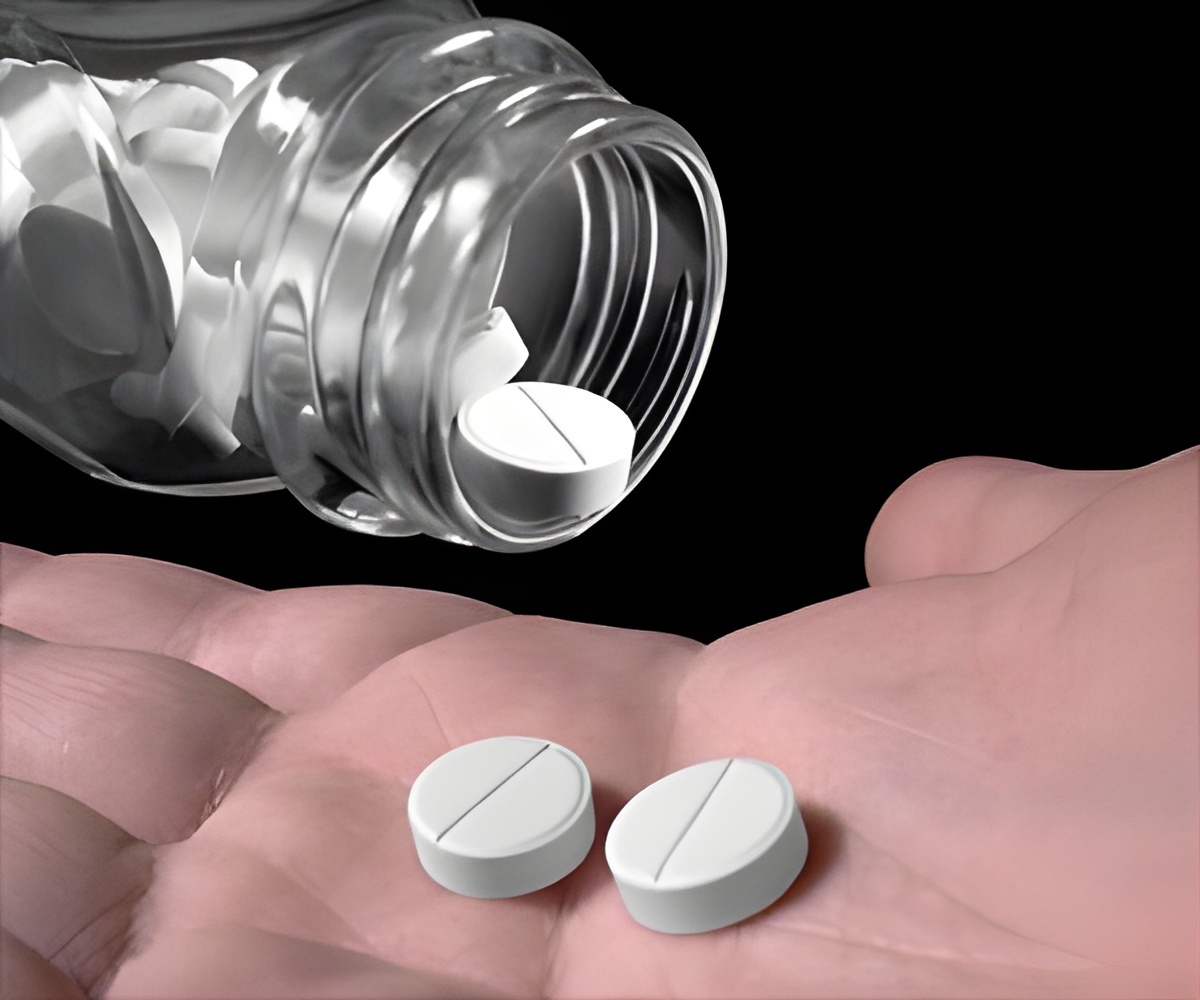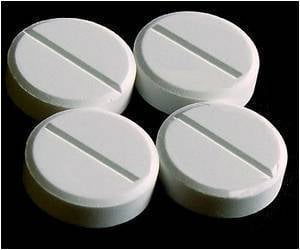Newer studies are being carried out to study the role of aspirin in cancer prevention and preventing cancer death.

Aspirin is among the most commonly used medications that has been available for a very long time. It is an anti-inflammatory drug and a painkiller used in headaches, body aches, toothaches, arthritis and similar aches and pains of the body. It can also play a role in preventive medicine. Low-dose aspirin prevents clotting of blood and is therefore routinely used to prevent heart attack and stroke.
Several studies over the past few years have indicated that aspirin has anti-cancer effects as well. This is possibly due to the anti-inflammatory effect of aspirin. Aspirin reduces chronic inflammation, which is an important trigger for cancer.
An analysis of 8 clinical trials indicated that aspirin reduced the risk of death due to cancer by around 20% when taken for 4 or more years. The main advantage was for colorectal cancer. Other gastrointestinal cancers, as well as cancers of the lung and prostate also benefited from aspirin use. These cancers are extremely common and affect a large section of the population. Thus, the number of people that can be saved from the inconveniences of cancer treatment with a simple medication like aspirin can be substantial.
However, the available data is not completely conclusive whether aspirin can protect against cancer or reduce the number of cancer deaths. Therefore several new studies are being carried out in a more systematic way to confirm or disprove the benefit of aspirin in reducing cancer-related deaths. The CAPP3 study is evaluating the cancer-preventing aspect of aspirin use exclusively in Lynch syndrome patients.
Patients with Lynch syndrome are at a high risk of several cancers including colorectal cancer. The ASCOLT trial is studying whether aspirin prevents relapse of colorectal cancer and overall survival in patients who were recently treated for the same. The ASPREE trial is evaluating whether the overall benefit of aspirin in preventing various conditions including heart disease and cancer outweighs the risk of taking it; aspirin is associated with a risk of bleeding. The AspECT trial is studying if aspirin in combination with an acid reflux drug can reduce the chances of cancer in patients with Barrett’s esophagus. Barrett’s esophagus is a precancerous condition which predisposes the patient to develop cancer of the esophagus.
- The right dose of aspirin at which the effect is present but side effects are absent or minimal.
- The group of people who would benefit the most. For example, if aspirin prevents cancer only in those who have particular cellular features, then maybe only these individuals should receive it for the purpose of cancer prevention.
- The type of cancer that it will provide protection against the most.
Source-Medindia











